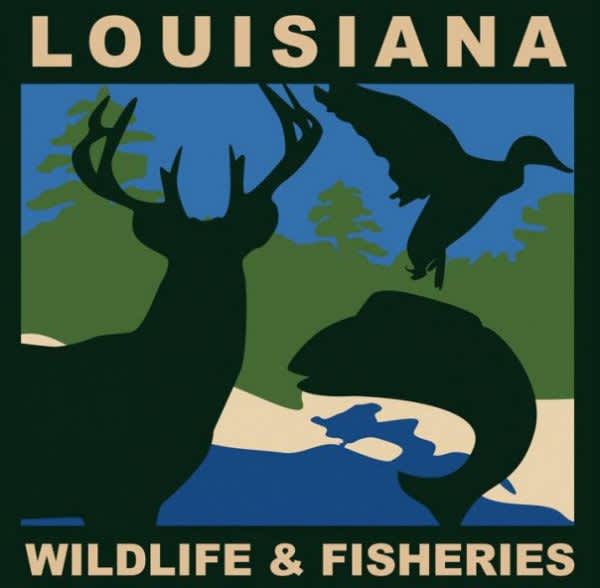Commercial Fishing Season for Non-Sandbar Large Coastal Sharks to open in Louisiana Waters January 1

Commercial fishing for Non-Sandbar Large Coastal Sharks will open in Louisiana waters at 12:01 a.m. Tuesday, January 1. The National Marine Fisheries Service will also open the federal waters of the Gulf of Mexico at this time.
The commercial season as well as the recreational season for the harvest of all sharks in Louisiana state waters will be closed from 12:01 a.m. April 1, 2013 until 12:01 p.m. July 1, 2013 per an existing fixed seasonal closure to protect shark pupping, unless a season closes in adjacent federal waters or is projected to close before that date, and the Secretary is requested by NOAA Fisheries to take action to enact consistent seasonal regulations. The commercial season will remain open in Federal waters until 80 percent of the federal quota for a given fishery has been harvested in the Gulf of Mexico.
During the open season, commercial harvest of Non-Sandbar Large Coastal Sharks and Pelagic Sharks will be regulated by the existing federal and state rules regarding trip limits, allowable species and requirements for permits and landings.
The Non-Sandbar Large Coastal Shark group is composed of the great hammerhead, scalloped hammerhead, smooth hammerhead, nurse shark, blacktip shark, bull shark, lemon shark, silky shark, spinner shark and tiger shark. While sandbar shark are a member of the Large Coastal Shark group, only specifically designated federally permitted vessels may take sandbar shark while operating under conditions of that research permit.
Commercial fishing for Non-Blacknose Small Coastal Sharks will resume in Louisiana waters on January 1 through December 31 or until 80 percent of the federal quota has been met. The Non-Blacknose Small Coastal Shark group is composed of bonnethead shark, Atlantic sharpnose shark, blacknose shark and finetooth shark and remained open for all of 2012.
There is no allowable harvest at any time for all Prohibited Species, which include Basking shark, white shark, bigeye sand tiger, sand tiger, whale shark, smalltooth sawfish, largetooth sawfish, Atlantic angel shark, Caribbean sharpnose shark, smalltail shark, bignose shark, Caribbean reef shark, dusky shark, Galapagos shark, narrowtooth shark, night shark, bigeye sixgill shark, bigeye thresher shark, longfin mako, sevengill shark and sixgill shark.

